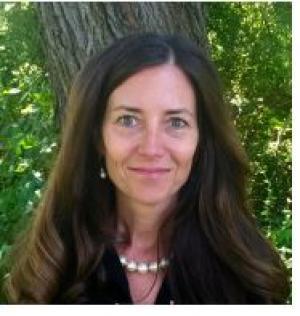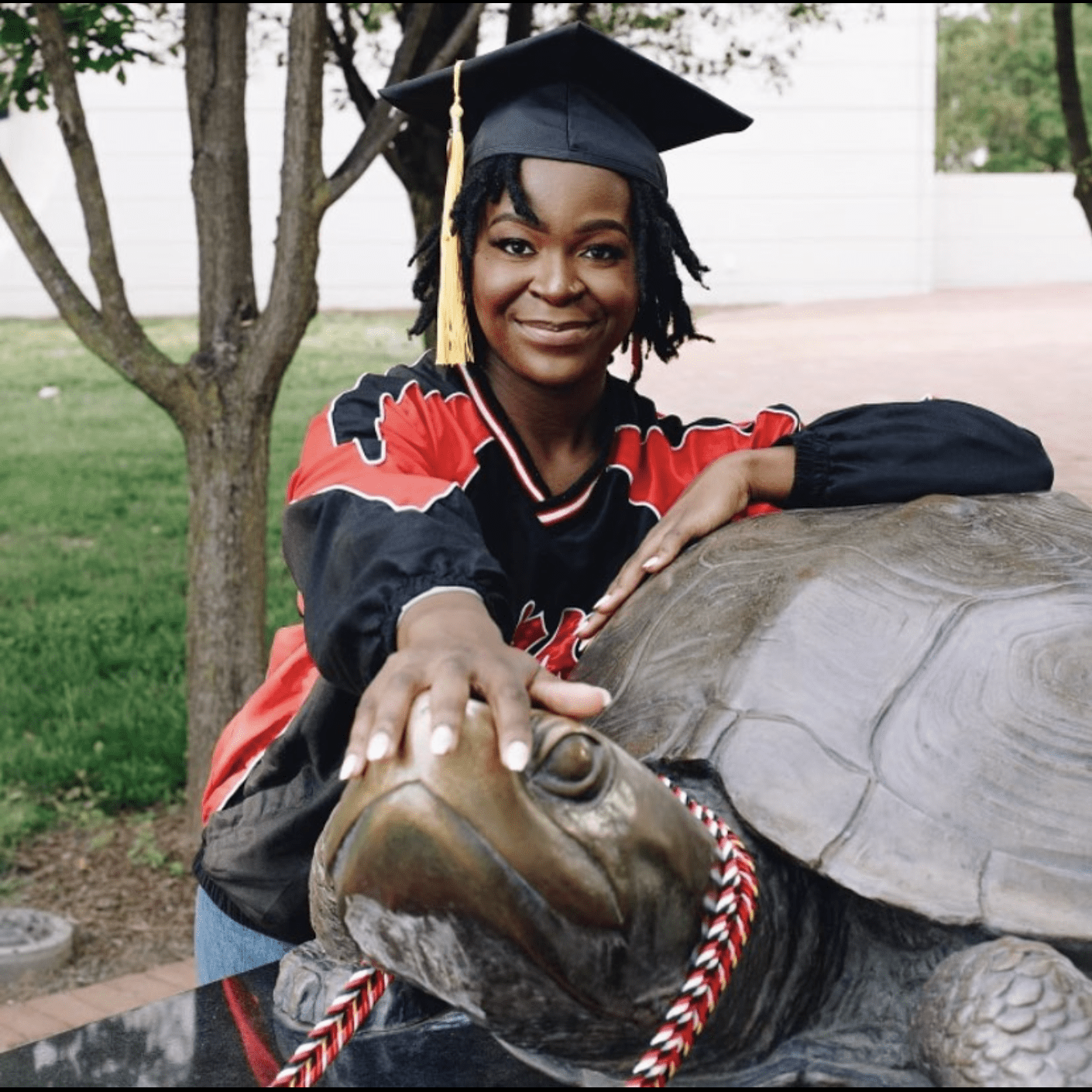Civic Engagement for Social Good
Inspiring community collaboration and meaningful change
Introduction
The world critically needs changemakers committed to understanding social issues and collaborating alongside their communities to foster meaningful change. In Civic Engagement for Social Good (CESG), previously known as CIVICUS, students work with organizations addressing a range of societal challenges, including poverty, food insecurity, housing insecurity, child welfare, education, political activism, animal rights, and the environment. Students explore:
- Issues impacting local communities
- Organizations that are addressing pressing social issues
- Ways to engage in hands-on work in civic engagement
- Strategies for deliberative dialogue in a multicultural world
- Methods to leverage their strengths to make sustainable change
CESG coursework and community engagement activities operate in tandem, creating a synergy that enhances the overall student experience. Coursework provides an opportunity for students to explore the root causes of social needs and strategies for addressing social concerns that they see during their work in the community, while service projects and co-curricular activities create an environment for students to implement what they learn in the classroom.
As an interdisciplinary program, CESG students represent a wide range of academic interests and majors. Civic Engagement for Social Good encourages students to ground their work in their passions, academic majors, and professional interests.
Through their shared passion for social good and engagement in co-curricular activities, CESG students form a close cohort who develop strong friendships and support each other throughout their time at UMD.
Colloquium and Lecture Topics
- The complexities and the structures that cause social issues
- Concepts related to the theories and practices of civic engagement
- Models for working towards positive social change
- Ways to engage in difficult conversations with empathy around differences of perspective, beliefs, and identities
[This program] has made me a kinder, more compassionate, more informed person. [It] gave me the opportunity to get my hands dirty, to engage in the community in ways I never thought I could. [It] has taught me that it takes a village but also that I can make tremendous change myself..providing me with more opportunities for learning and character-building than I would've gotten in any other program or club.
Other Learning Opportunities
Students are actively engaged in UMD, College Park and surrounding areas, and Washington, DC annually completing over 1,000 hours of volunteer work. Students can choose from over 100 projects per year with a wide array of partner organizations.
Students:
- Participate in civic engagement projects. Recently, students have acted as mentors for local elementary students, planted trees to increase the canopy in Washington, DC, served meals from a mobile soup kitchen, handled dogs at a humane rescue adoption event, canvassed on behalf of political candidates, and captioned videos to ensure accessibility for a wider community.
- Take trips to Washington DC and the surrounding area where they participate in scavenger hunts, visit memorials, monuments, and museums, and attend baseball games, cultural heritage events, and the performing arts.
- Meet guest speakers, including politicians, staff members from local non-profit organizations, and local community leaders and activists
- Participate in community-building activities, such as challenge courses, trivia nights, bingo, BBQs, and study breaks
CESG staff provide the planning, logistical support, and transportation for most activities. All second-year students also participate in a capstone experience for academic credit. The capstone can include an internship, extensive work with a non-profit, or affiliated experiential learning courses. Students in the past have held internships in local and national politics, non-profits, high-profile media outlets, medical facilities, research labs, mentoring organizations, and peer dialogue training. The capstone gives students authentic experiences and skills that help support their academic work, career goals, and future community engagement efforts.
Curriculum Overview
Over the two-year program (four semesters), students complete 12-credit hours that count toward their CESG Scholars citation. The following table represents a typical two-year curriculum. Details about courses and requirements can be found on the CESG Citation Checklist
| SEMESTER | COURSE | CREDITS |
|---|---|---|
| Semester 1 | CPCV 100: Colloquium I | 1 credit |
| CPCV 225: Intro to Civic Engagement for Social Good | 3 credits | |
| Semester 2 | CPCV 101: Colloquium II | 1 credit |
| Semester 3 | CHSE 328C: Intergroup Dialogue (DVCC) | 1 credit |
| Semester 4 | CPCV 230: Internship; or CPCV 240: Service-Learning; or CPCV 250: Research; or |
3 credits 3 credits 3 credits |
| Semester 1, 2, 3, or 4 | Supporting Course (var. Gen Ed) | 3 credits |
Sponsoring College
Office Address
1103 Centerville Hall
Office Email
Faculty


Deborah Omotoso
News and Notes, Etc.
Civic Engagement for Social Good News
Two Scholars Named 2024 Patty Grace Smith Fellows
HUNTSVILLE, Ala. - The Patti Grace Smith Fellowship recently announced the selection of 29 students to participate in its award-winning program that connects the United States’ leading aerospace companies with talented Black students.The Class of 2024 Fellows hail from 17 colleges and universities spread across 13 states and Puerto Rico. Each Fellow has earned a challenging summer aerospace internship, as well as a scholarship worth thousands of dollars, a pair of personalized mentors, and more.Two College Park Scholars were named recipients of the 2024 Fellowship:
Out of the Shell
The following excerpt is from Terp Magazine:"When I arrived in 1992, there was no official place on campus or entity on campus that advocated for LGBT people, to make them feel welcome, like they belonged and were supported. There was an invisibility from an institutional standpoint," said Marilee Lindemann, executive director of College Park Scholars.
How to Succeed in Business Without Really Dying
The following excerpt is from Terp Magazine:The objective: Survive a hypothetical night in the frigid woods making do with only the items found in a discarded trash bag.It’s all part of Schlake’s “Creative Problem Solving” class in the Business, Society and the Economy (BSE) program of College Park Scholars, where students are charged to think creatively and quickly, and adapt through unconventional exercises.
‘Why Doesn’t Everybody Want to Do This?': A New Teacher’s Midyear Reflection
The following article originated in EducationWeek:Saxon Brown, a College Park Scholars Arts program and UMD alum, possesses a rare combination of childlike idealism and old soul pragmatism. Both traits have come in handy to the first-year English teacher at Bel Air High School, a large school of about 1,500 students in a suburb north of Baltimore. The 22-year-old is far closer in age to his students than he is to his colleagues, most of whom range from 40 to 65.Earlier this month, Brown spoke to Education Week about how he’s faring in his first year, which is widely seen as the start of the “make or break” period for new teachers.
Two More Programs Added to Scholars for 2024-25
COLLEGE PARK, MD. – College Park Scholars in Fall 2024 will add two programs to its roster of two-year living-learning experiences for academically talented students, but one will look and sound familiar.Data Justice will debut, and the University of Maryland’s CIVICUS program will relaunch with a new name: Civic Engagement for Social Good.The expansion will bring the number of Scholars programs to a record of 13 and provide 150 additional first-year students with the opportunity to begin their college journeys as members of an intellectually rich and socially vibrant Scholars community.
GPH Scholars Honored During Annual College Park Scholars Awards Ceremony
Four Global Public Health Scholars and a Science, Discovery and the Universe Scholar were among the students honored last month during the annual College Park Scholars citation and awards ceremony.


